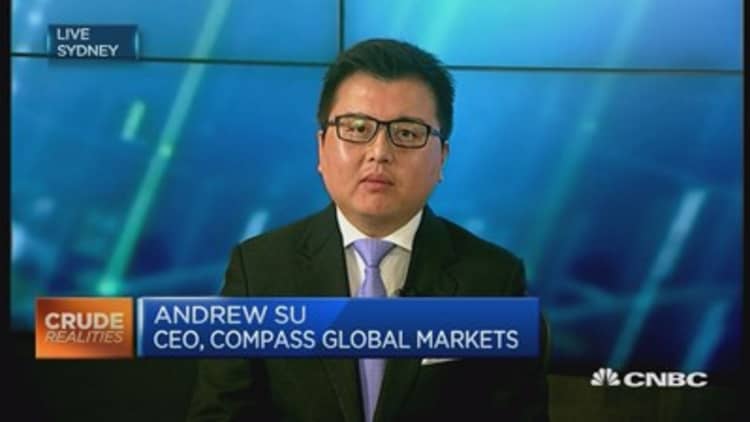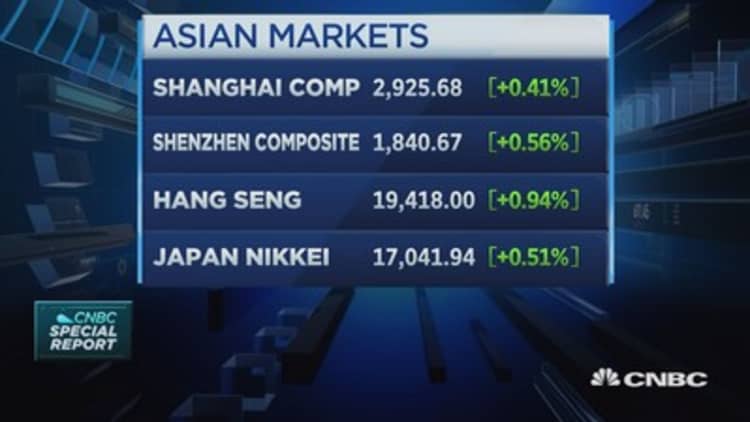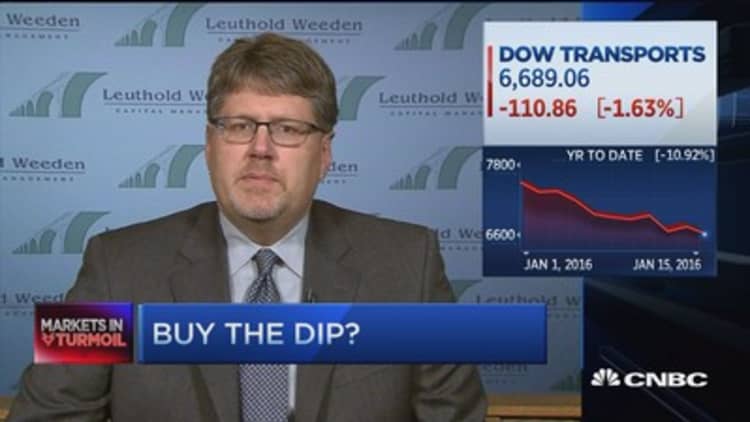



Holding on to around 30-million-barrel-a-day production ceiling could land OPEC's powerbroker with its own Arab Spring, one industry expert has warned.
The prolonged slump in oil prices has eaten away the huge cash pile of Saudi Arabia, forcing the oil giant to introduce austerity measures such as cuts to subsidies it offers its citizens that can potentially fuel social unrest.
Andrew Su, chief executive of Australian brokerage Compass Global Markets, told CNBC, "When the Saudis and OPEC moved to push prices lower last year, they were trying to keep pressure on Russia and the US shale producers. That has happened."
"[But] the last thing they want to do is to have prices stay at these levels for too long because that will have an impact on their own economies and more importantly, it will have an impact on their social and political stability."
He expects the group of 13 oil producing countries in the Organization of Oil Exporting Countries (OPEC) to soon come up with a coordinated plan to address the turmoil in oil markets, Su told CNBC's The Rundown.
Oil prices recovered by Tuesday afternoon in Asia, having plunged to lows not seen since 2003 in the previous session. U.S. WTI light sweet crude was 1.1 percent higher at $29.74 a barrel, while European Brent crude was up 3.2 percent at $29.46 a barrel.
Prices have been declining for the past 19 months due to a supply surplus worsened by a decision by OPEC kingpin Saudi Arabia to maintain the group's production ceiling as part of a strategy to use its own low cost of production to squeeze out higher-cost energy producers.
But market watchers have said it was taking far longer than the Saudis had anticipated to squeeze rivals out of the market.
"Saudi Arabia in particular, and many of the countries across the region, can't afford for prices to stay this low purely because the last thing they want is an Arab Spring," Su said.
Hit by a slump in oil revenues, Saudi Arabia reported a record budget deficit of 367 billion Saudi riyals ($97.9 billion) in 2015, or 15 percent of gross domestic product (GDP). The country also unveiled a radical austerity program as part of its 2016 budget, that included cuts in energy subsidies.
The government is also mulling a sale of all or parts of state oil behemoth Saudi Aramco.
Iran's announcement that it would restart oil production sent a wave of fears across the markets on Monday, even though industry watchers said the country was unlikely to be able to ramp up output rapidly in the short-term.
Jitters over slowing growth in China also battered markets, but that fear may soon subside, said Su.
China on Tuesday reported that the economy grew 6.9 percent in 2015, in line with the median forecast in a Reuters poll. Chinese stock markets closed higher on Tuesday.
"I think most people and most commentators are beginning to realize that 6.9 percent, 7 percent, even 6.5 percent growth is not a disaster. It means that the economy is growing quite strongly, people need to take a step back and realize that we are not seeing an impending doom and destruction in the Chinese economy," said Su.
The Chinese government is likely to step in with some form of stimulus before the Lunar New Year holiday in the second week of February to help ensure continued stability in the country's stock market after recent volatility, Su predicted.
Still, that doesn't mean that crude oil demand would shoot up, he cautioned.
"China and the global economy will stabilize generally and that will be good for crude but I don't think there will be any massive surge in demand for crude products," said Su.




